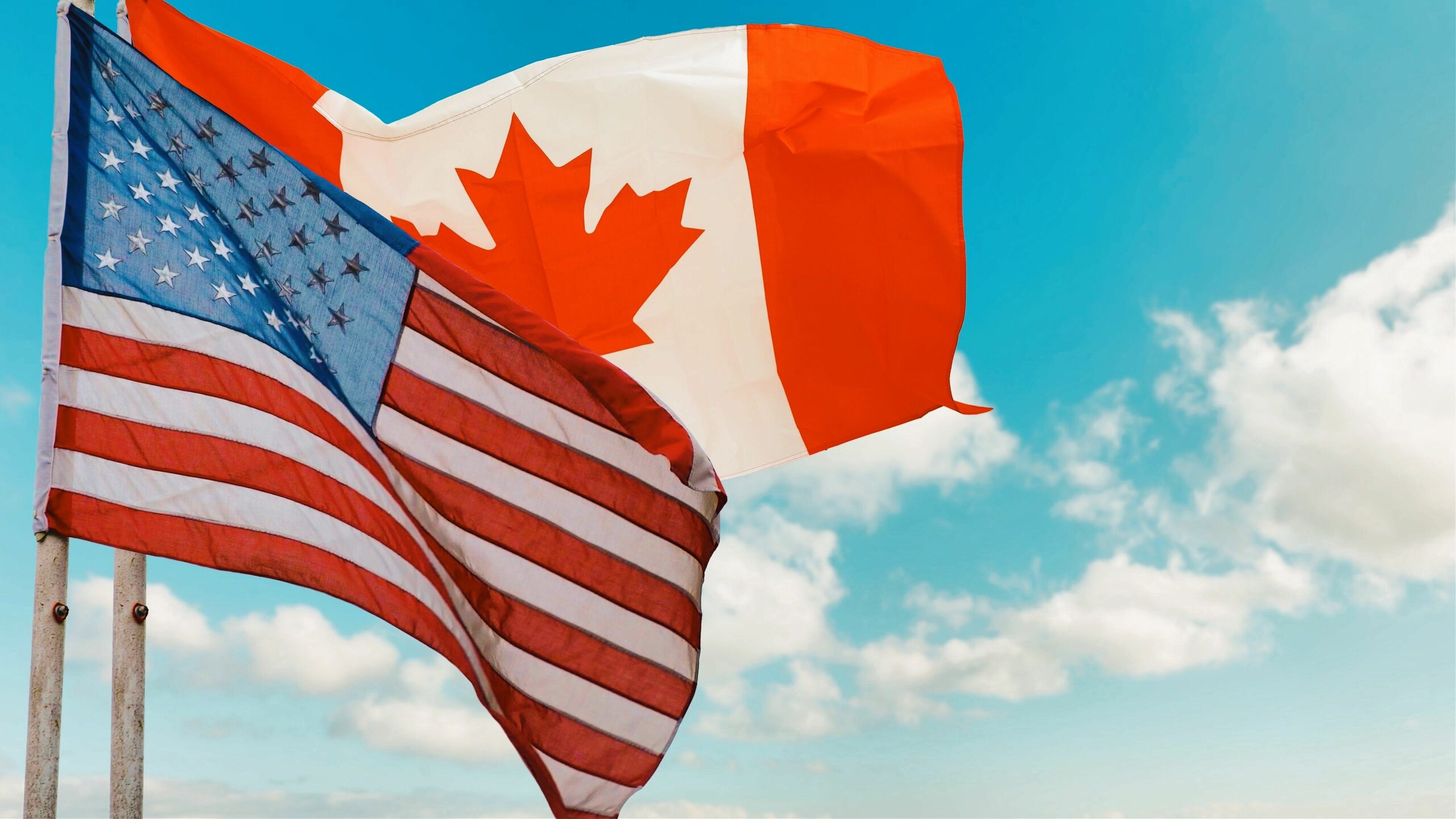The Impact of the American Boycott on Canada’s Tourism Sector
A recent analysis by TD Economics suggests that the American boycott of Canada is unlikely to have a significant impact on the country’s tourism industry. While media outlets frequently highlight the Canadian travel boycott, it has become evident that U.S. citizens are also avoiding their northern neighbor this summer, resulting in a noticeable decline in American visitors to Canada. However, experts believe that this drop may not be as detrimental as it seems.
Political Tensions and Border Security Affect International Travel
The ongoing political tensions between the United States and Canada, coupled with heightened security measures at the border, have led to a growing number of international tourists opting for alternative destinations. This shift has prompted many travelers to consider Canada over the U.S., even as domestic travel within Canada continues to rise. Experts argue that these two factors combined could help offset any economic losses caused by the decrease in American visitors.
Economic Predictions for Canada’s Tourism Industry
According to the report, despite the drop in U.S. visitors, Canada’s tourism sector is expected to have a profitable year, thanks largely to increased domestic travel. The study predicts that tourism spending will grow by 2-4%, while cross-border spending is likely to decline by 5-10%. The report highlights that lower U.S. spending is expected to be balanced by a rise in Canadian domestic tourism outlays, as many residents redirect their travel budgets toward local destinations.
In addition, spending by non-U.S. international tourists in Canada is anticipated to increase slightly, further supporting the country’s economy. In 2024, Canada spent $100 billion on tourist-related activities, including short domestic trips, business trips by non-residents, and more.
Shifts in International Visitor Patterns
Historically, Americans have been the largest group of international visitors to Canada. In 2024, they accounted for four out of five non-resident trips, contributing $15 billion to the economy—more than all other nationalities combined. However, this trend has recently changed.
In May, car trips from the U.S. to Canada declined by 8.4%, leading some businesses near the border to experience an 80% loss in sales. Despite this, experts believe that Canada can offset these losses through increased domestic travel and a rise in non-American international visitors.
Growth in Non-U.S. International Tourism
While Americans are staying away, other nationalities are showing increased interest in visiting Canada. For example, in April, Canada welcomed a surge in tourists from several countries:
- U.K. visitors rose by 14%
- Mexican visitors rose by 22%
- Chinese visitors rose by 11%
These increases indicate a positive shift in international tourism patterns. However, domestic travel is making the most significant difference. According to the TD Economics report, early indicators suggest that Canadians themselves are driving much of the growth.
Domestic Travel Trends and Initiatives
The report states that the larger offset to declining U.S. tourism is expected to come from Canadians traveling within their own country. Shifting preferences are supporting domestic travel, and while hard data is still limited, early indicators are encouraging.
Airbnb has reported a nearly 20% increase in domestic travel searches, and a survey conducted by TD Bank Group found that about 64% of Canadians are planning to travel domestically this year. Initiatives such as the “Canada Strong Pass” have encouraged more Canadian citizens to opt for trips within their own country by reducing costs.
Public Sentiment and Long-Term Outlook
Canadians continue to express strong feelings towards their neighbors, and surveys indicate that many believe the boycott will last for years or even permanently. A survey published in a CTV News article and conducted by Nanos Research showed that most Canadians now hold this view.
Impact on the U.S. Economy
While Canada is likely to offset the economic loss caused by decreased U.S. visitors, the U.S. is facing its own challenges. The Canadian boycott is having significant repercussions for communities near the border. The report notes that Canadians have also shifted away from U.S. travel in larger numbers. Although American trips into Canada have declined, the drop in Canadian outbound travel to the U.S. has been far more pronounced.
According to the TD Economics report, international visitor spending in the U.S. is expected to fall by about 7% in 2025. Recent studies also show that the U.S. is losing its high-spending tourists to Canada, with more and more international visitors now heading to Ontario. For now, it seems that unlike the American boycott of Canada, the Canadian boycott is working well. The extent of its impact on the U.S. and how long it will last remains uncertain.



